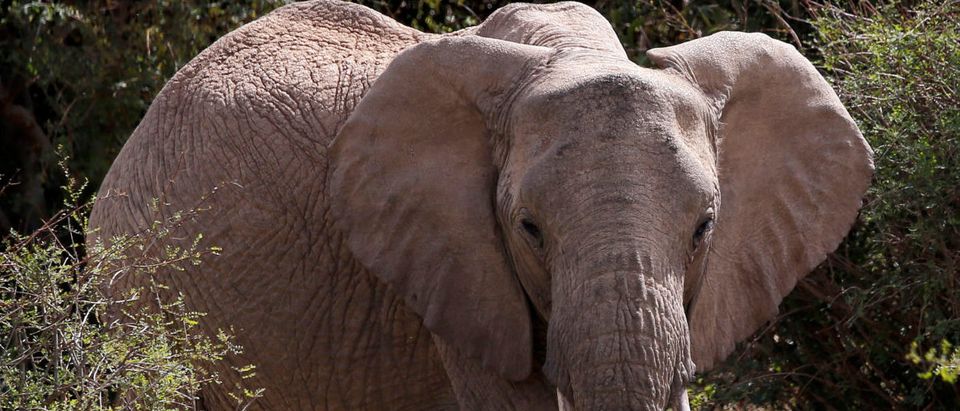By Dr. Kabelo Senyatso
The African Wildlife Consultative Forum (AWCF) is widely known in Africa as one of the most productive wildlife conservation gatherings that occurs every year. The forum, hosted by the Safari Club International Foundation, brought together last week African government officials, professional hunting associations, community-based support organizations, the U.S. Fish and Wildlife Service, international policy experts and wildlife biologists to create a unified force to confront challenges to sustainable use conservation practices. While the event this year was entirely virtual due to the COVID-19 pandemic, Botswana and our partners across Africa eagerly attended and fully participated. As the new Director of Botswana’s Department of Wildlife and National Parks myself, we look forward to hosting the 2021 AWCF event in person next year.
Botswana’s original nomination to host the 18th AWCF was especially meaningful to us, as earlier in 2019 His Excellency President Mokgweetsi Masisi took an important step for our country’s community-based conservation efforts by repealing the previous hunting moratorium on public lands. Unfortunately, after much hard work by my predecessors, the COVID-19 pandemic hit and our borders closed to international tourists before the first new hunting season could be implemented.
As a result of the ban several years ago, my Ministry concluded that “elephant populations exploded beyond their historic range… human-wildlife conflict was having significant impacts on livelihoods, predation on livestock was increasing and capacity to deal with problem animals was over constrained.” Indeed, Botswanans who once relied heavily on employment and other secondary economic benefits that the legal hunting industry provided were left with little following the moratorium on hunting because photo tourism by itself had not significantly contributed to local development in areas where tourism infrastructure was not well developed. Areas particularly affected include those found in the south-western part of the country.
President Masisi’s bold decision to reinstate tourist safari hunting was made so that we improve sustainable incomes for our people who co-exist with the wildlife. Government officials consulted wildlife biologists and eagerly invited input from community trusts who overwhelmingly welcomed back hunting in their areas. This consultative process projected “significant conservation benefits and support to community livelihoods,” according to Minister Philda Kereng of the Ministry of Environment, Natural Resources Conservation and Tourism. This plan was presented to Safari Club and our colleagues from southern Africa at the last AWCF and we hope to realize these benefits soon.
There is still much to be done, however. As a country that has once again welcomed sustainable use to our conservation toolbelt, the chance to host the 2021 and participate in the 2020 virtual AWCF is more than just an honor. The AWCF meeting was an opportunity to maximize our ability to help our people and wildlife together as a region. Our Ministry, and the Department of Wildlife and National Parks (DWNP) in particular, has always and will benefit from consulting with our friends at AWCF on addressing issues such as best practice for community-based natural resource management, lion and leopard population surveys, the Convention on International Trade in Endangered Species (CITES) regulations and permitting, and important COVID-19 recovery. We look forward to applying what we learned concerning how others are handling the reopening of tourism, how developments from different community benefit programs affect our citizens of Africa, and how to ensure a smooth process with the USFWS.
Lastly, Botswana was proud to be the lead signatory on an AWCF letter written in opposition to the recent California Senate Bill 1175 that would have banned the importation of hunting trophies of many African species. This action was key to opposing the state legislation and we welcome more collaborative work in the future.
Even though the AWCF was virtual this year, the forum was and is still a vitally informative meeting that will help Botswana, along with our neighbors in all of southern Africa, better manage its wildlife. While we were not physically present with our partners at Safari Club International Foundation and our fellow countrymen and women this month, we look forward to hosting these great conservationists in Kasane at this time next year.
Dr. Kabelo Senyatso is the Director of the Botswana Department of Wildlife and National Parks within the Ministry of Environment, Natural Resource Conservation and Tourism.


